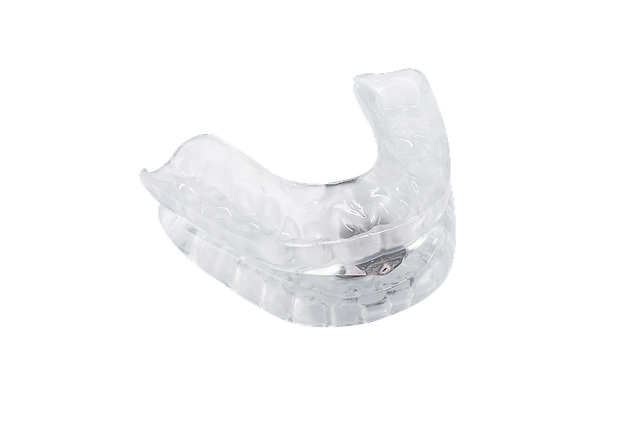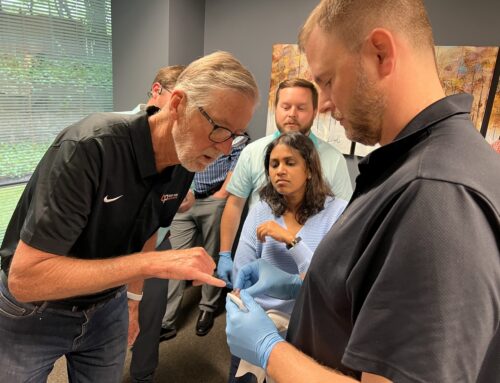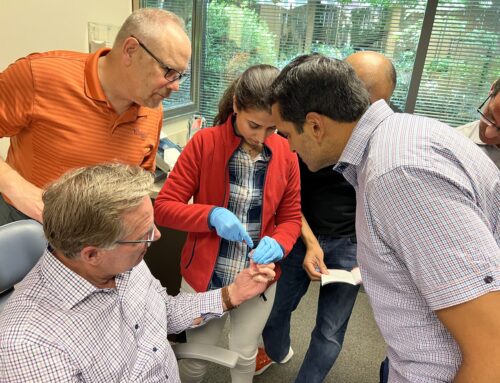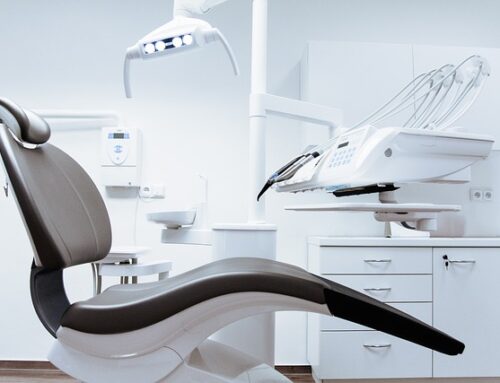It’s an important question that many of us continue to wonder about – why aren’t more sleep physicians recommending oral appliances for sleep apnea? Well, to begin with, there appears to be a lack of data on the subject. While most dentists understand the importance of using oral appliances for the treatment of sleep apnea, physicians are still not in the know. So let’s get them some data.
What information is out there?
After doing a quick search through Google Scholar I found the following studies that showcase how effective oral appliances are for the treatment of sleep apnea in our patients:
- A Feedback-Controlled Mandibular Positioner Identifies Individuals With Sleep Apnea Who Will Respond to Oral Appliance Therapy
- Minimizing the mandibular advancement in an oral appliance for the treatment of obstructive sleep apnea
- A randomized, controlled trial of positional therapy versus oral appliance therapy for position-dependent sleep apnea
- Practical considerations for effective oral appliance use in the treatment of obstructive sleep apnea: a clinical review
Another reason is because they may not be comfortable with the process. If that is the case, then we must help them get more acquainted. This can be done by contacting their offices and educating them on the services we provide. Through proper education and understanding, you can help sleep physicians become better acquainted with oral appliance therapy as a successful alternative to the CPAP machine.
They are ignorant about topics they know little about, which is why it is important to educate them on oral appliances. Look up studies, attend classes and do what you can to provide the information they need to better understand this treatment alternative so we can all continue to help patients get a better night’s sleep.






